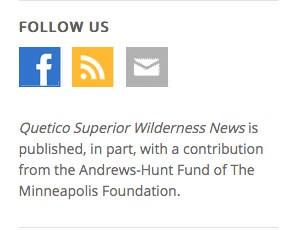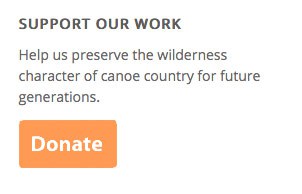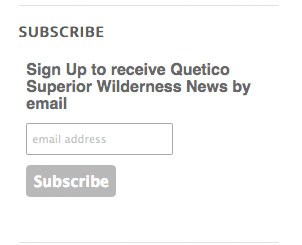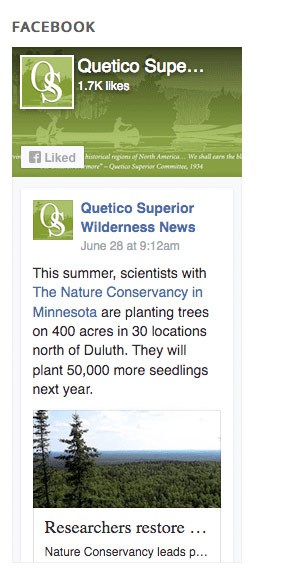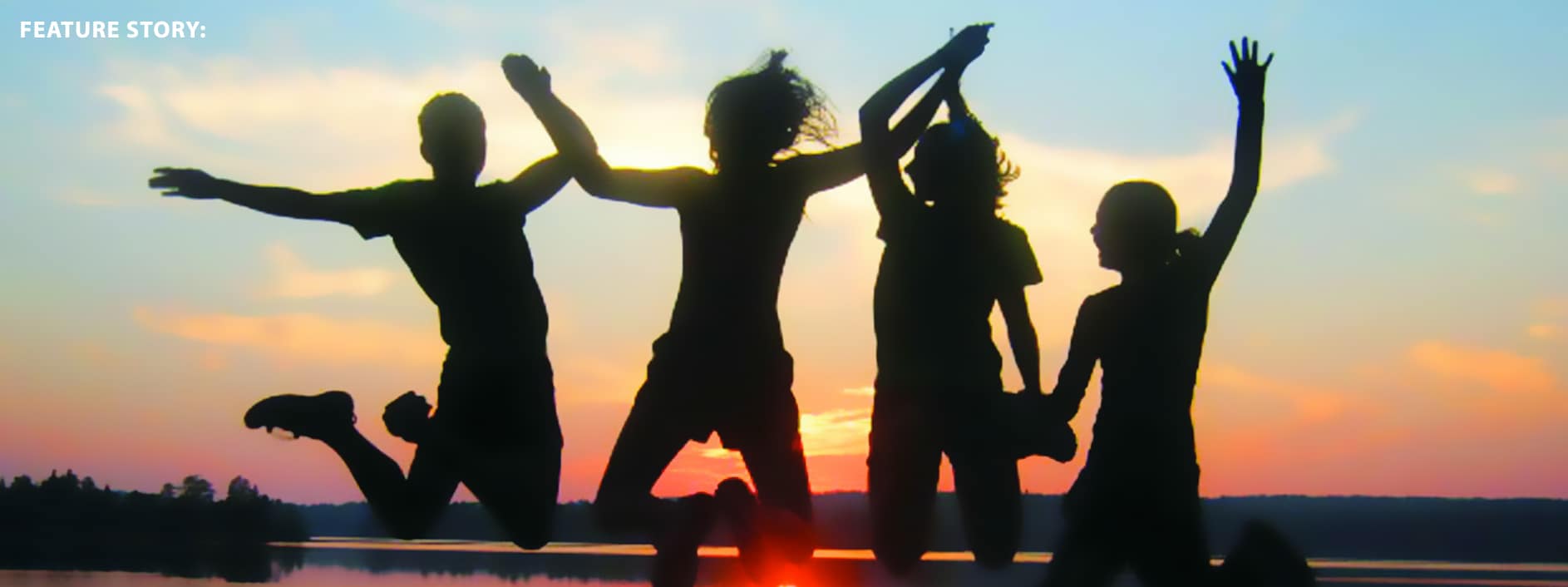
By Alissa Johnson
Wilderness tripping and recreation aren’t always known for diversity—a 2016 report from the Outdoor Foundation found that 74 percent of outdoor participants were Caucasian. It’s a familiar narrative, and one that many groups are working to change. One inspiring program, BOLD & GOLD, goes beyond introducing diverse groups to nature. The YMCA of the Greater Twin Cities Boys & Girls Outdoor Leadership Program uses canoe tripping and wilderness settings, including the Boundary Waters Canoe Area Wilderness, to teach youth to work together, whatever the differences between them.
“More than ever, the youth of today are growing up and going to school with youth from a wide variety of backgrounds,” explained Kurt Simer, BOLD & GOLD program director for the YMCA of the Greater Twin Cities. “We see it as a strength and opportunity for our program to bring together these youth and use the inherent challenges in wilderness tripping to teach them to work together and to support one another as they deal with adverse circumstances, whether that be a hard portage, rain, or some annoying mosquitoes.”
Diversity is, after all, a growing part of life.
“As [these youth] move forward in their lives, furthering their education and into their professional careers, it’s just going to become more and more important for people to learn to work together in a multicultural world,” he continued.
With that in mind, each BOLD & GOLD group includes youth from a variety of income levels and backgrounds. That diversity is in part achieved by making sure those in need—approximately two-thirds of participants—receive financial assistance.
Throughout the summer, these groups head to one of three YMCA camps, including Camp Menogyn and Camp Widjiwagan on the edge of the Boundary Waters, which have long traditions of wilderness canoeing. Campers spend a few days in camp learning the skills to be successful on trail and get used to being in a more remote setting.
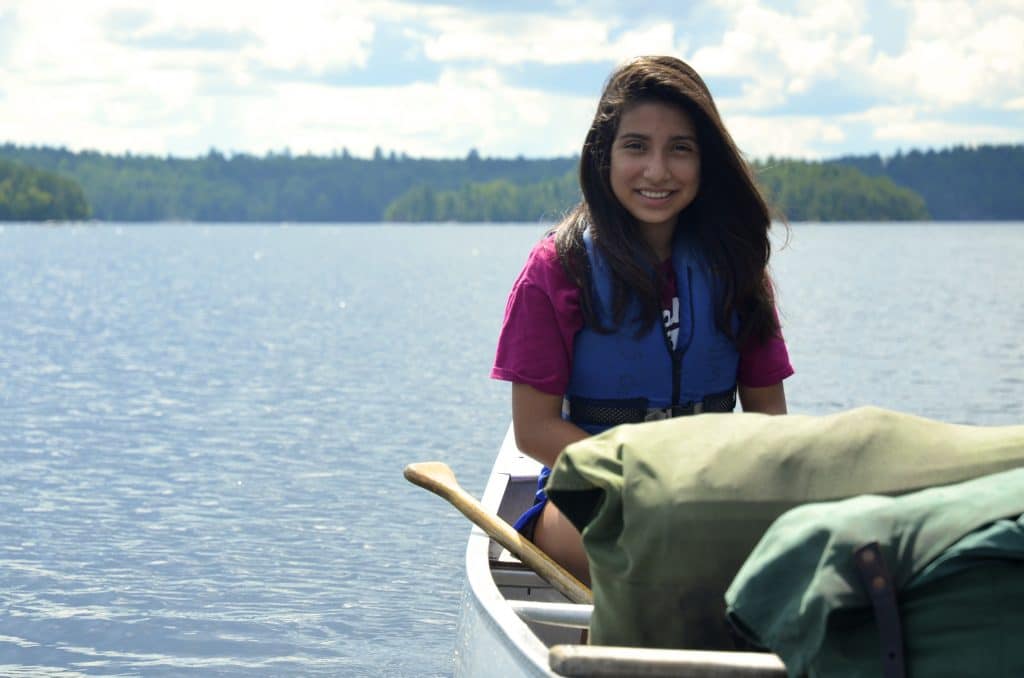
For a lot of first-time participants, it’s their first time out of the city—a rare opportunity to get away from noise, light pollution, and technology (cell phones and other tech devices are left at home or turned off when they board the bus for camp). They discover the wonder of the night sky or, once on trail, the thrill of an island full of blueberries, the peace and quiet of sitting on a rocky outcropping next to a lake. According to Simer, the opportunity to unplug is particularly important.
“High school-age teenagers are always plugged in and it manifests itself in any number ways, including the constant stress of social media and the weight that it holds over youth when it comes to social acceptance,” Simer said. “[These trips] seem to slow down the pace of their lives and we receive consistent feedback that it is beneficial for youth development.”
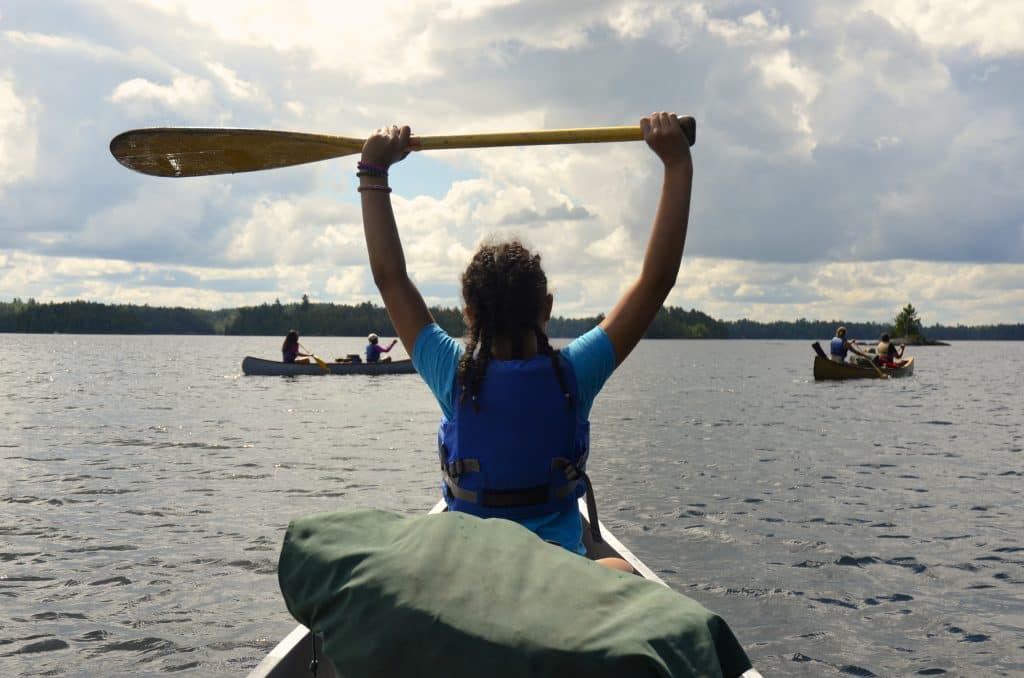
BOLD & GOLD participants also go through a specific curriculum, which includes “leader of the day” experiences. They take turns in designated leadership roles to, as Simer explained, connect with, learn from, and work with kids their age who happen to come from very different backgrounds.
According to Joan Schimml, senior director of communications and marketing for YMCA Twin Cities, the resulting teamwork, confidence, communication skills and leadership development make the program a perfect fit for the Y. “Our vision is to serve relentlessly until all can thrive at each stage of life, and the BOLD & GOLD program ensures that teens have a safe place to gain some education outside of the classroom,” she said.
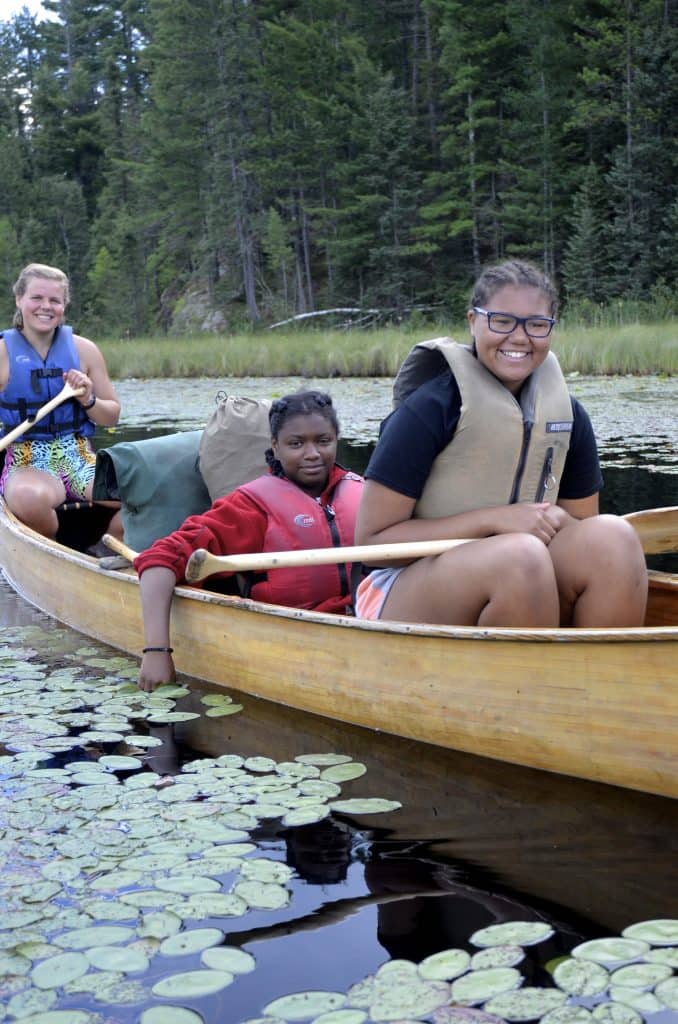
Participant feedback certainly echoes what Schimml and Simer describe as the program’s values. There are, of course, the familiar tales from the trail. Carrying wood canvas canoes 90 rods on a first attempt, the challenge of portaging, friendships made, and the peacefulness of being out on the water. Yet their observations go deeper, too.
“We learned off of each other,” participant Alex Brown said of his group. “If someone was better at one thing, he would pass it on to the rest of the group. Not only did I get to know my other group mates but I also got to know myself better as a person.”
And Sophadriana, a past participant who is now a BOLD & GOLD intern, shared, “I’ve become more confident in who I am, both physically and mentally.” Not yet eligible to be a counselor, she is already committed to becoming one so she can help other kids experience wilderness and canoeing too.
Her determination speaks to something program leaders didn’t expect to see so quickly: a lot of kids who want to return and rapid growth in overall numbers. The Twin Cities BOLD & GOLD program began in 2013 thanks to funds made available by the YMCA of the USA in order to expand the original, Seattle-based program across the country. For two years, those funds provided scholarships for about 25 campers to attend Widjiwagan and Menogyn.
Once a more expansive Twin Cities program was created, participation skyrocketed. In 2015, 60 youth participated. In 2016, that number rose to 105 and this summer, it grew to about 280. “We pretty quickly, almost out of necessity, had to develop a progression of trip lengths and challenge levels for participants because a lot of youth, regardless of background, don’t want to do it just one time,” he said.
The program now has a three-year progression. Middle-school participants start with a week away from home, typically at YMCA Camp St. Croix near Hudson, WI, and progress to a 12-day canoe trip at Widjiwagan or Menogyn. Teens who complete all three trips become King Scholars, named for the Peter J. King Family Foundation, which has been a significant supporter of the program and provides each scholar with a letter of recommendation.
And for the first time this summer, five past participants were hired as paid interns at Widjiwagan. They spent half of their internship completing a training program, and the second half co-leading a trip with BOLD & GOLD counselors. It’s an exciting development, and in it, Simer sees the future of BOLD & GOLD.
“All of these interns are people who have been scholarship participants and come from backgrounds that are not traditional in wilderness tripping… and are all excited to use the internship program as a means to develop their outdoor resumés,” Simer said. They’re the first step toward having a counselor base comprised of past participants.
It’s also possible to see the development of a new narrative about diversity and wilderness—one in which outdoor participants are not only diverse, but the wilderness itself helps foster a sense of community and cooperation in a multicultural world.
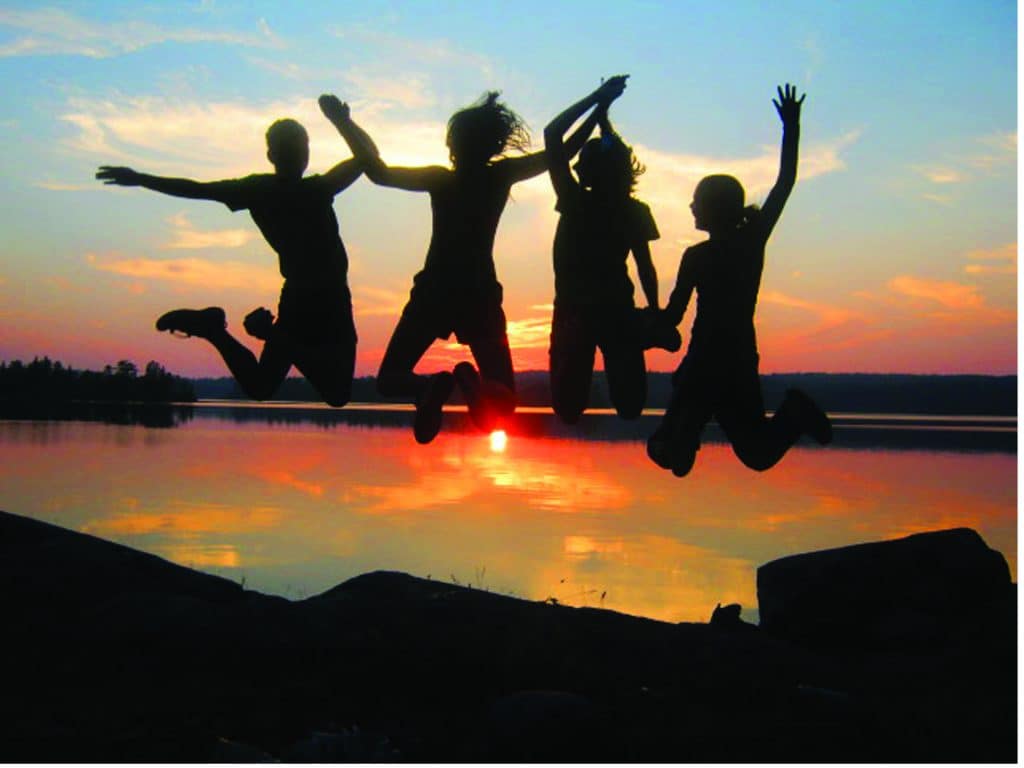
FIND OUT MORE:
https://www.facebook.com/YMCATwinCities/


